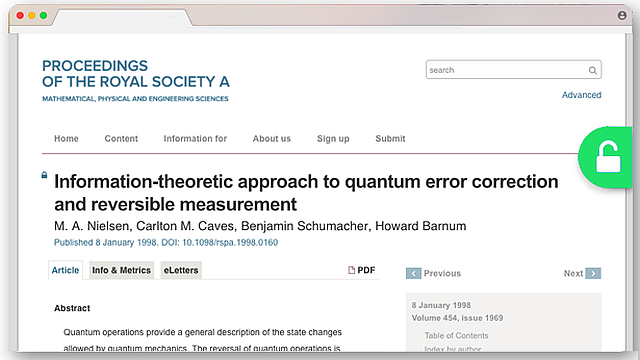
ABCs of KMEvidence-based knowledge management
Understanding science and research
This article is part of an ongoing series of articles on evidence-based knowledge management.
Scientific research published in academic journals is one of the four sources of evidence in evidence-based practice. But, as we’ve previously advised, to effectively use scientific literature in your decision-making you need to be able to search for appropriate studies and judge their trustworthiness and relevance.
The “This is research” series from The Conversation can assist with the development of this capability. In the series, academics share and discuss open access articles that reveal important aspects of science.
The articles in the series are:
- How researchers assess whether medications work. Clinical trials can assess impact of a medication on a disease. The ideal design is ‘blind’ – when the researchers and participants do not know who is assigned to the different treatments.
- Unscrambling the egg: how research works out what really leads to an increased disease risk. What contributes most to being at high risk of diabetes – diet, genes or something else? Big research questions need robust research approaches, so let’s break it down.
- When the numbers aren’t enough: how different data work together in research. Important research questions can almost always be answered better with a combination of methods – where both quantitive and qualitative data play a role.
- How tracking people moving together through time creates powerful data. Cohorts, or groups of people, are followed over time in longitudinal studies – imagine the study subjects marching forward together through the years, like a group of soldiers.
- What it means when scientists say their results are ‘significant’. What do stats really mean in the real world? Here’s an example from leukaemia research to help you identify if a result really is important.
- The curious case of the missing workplace teaspoons. Once upon a time, a group of disheartened scientists found their tearoom bereft of teaspoons. They explored the problem with a longitudinal study design.
Header image source: Pexels on Pixabay, Public Domain.
Also published on Medium.






